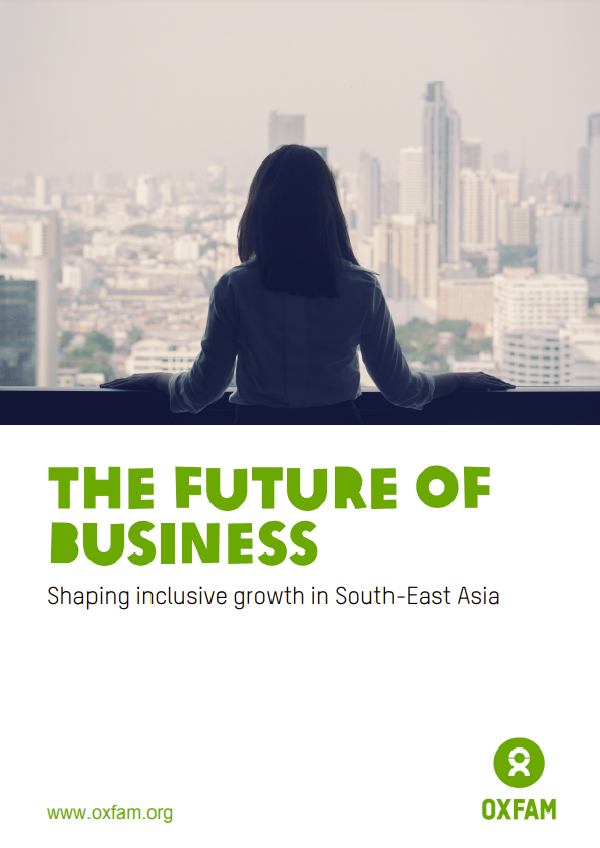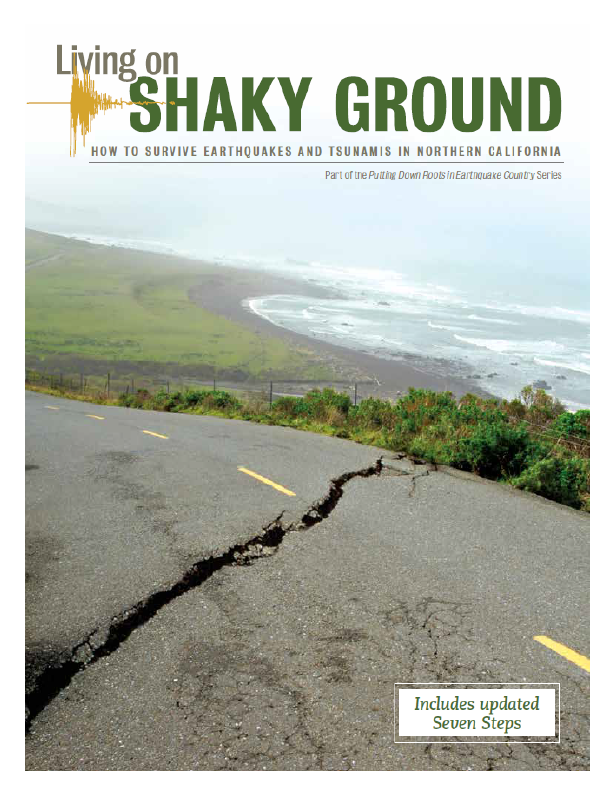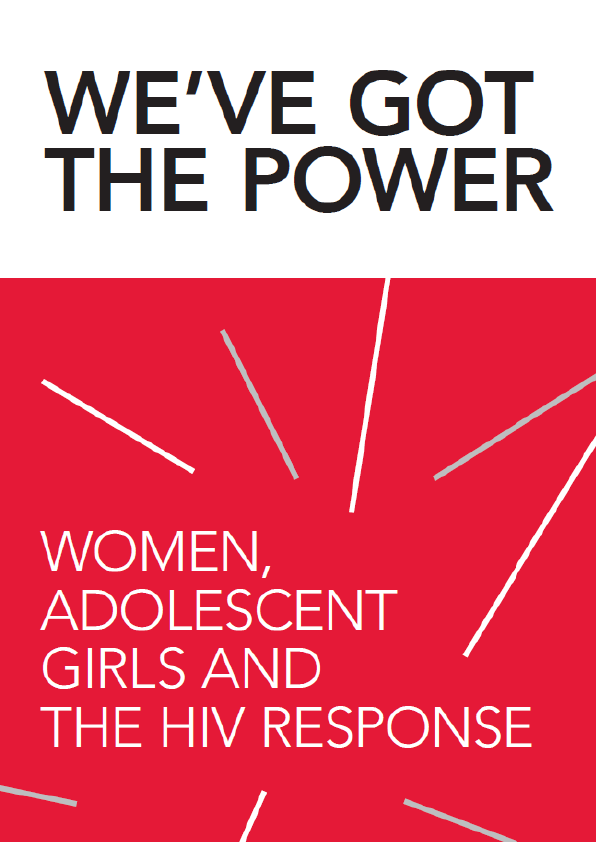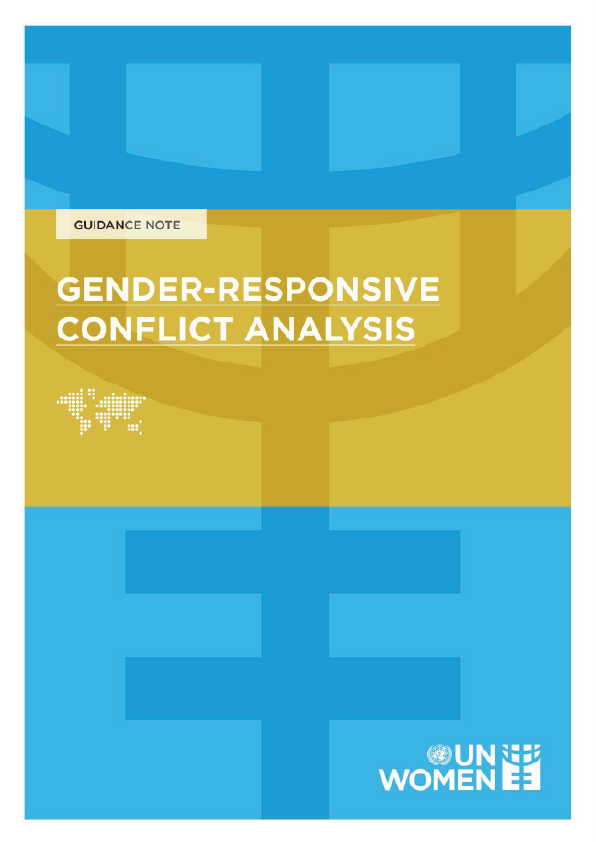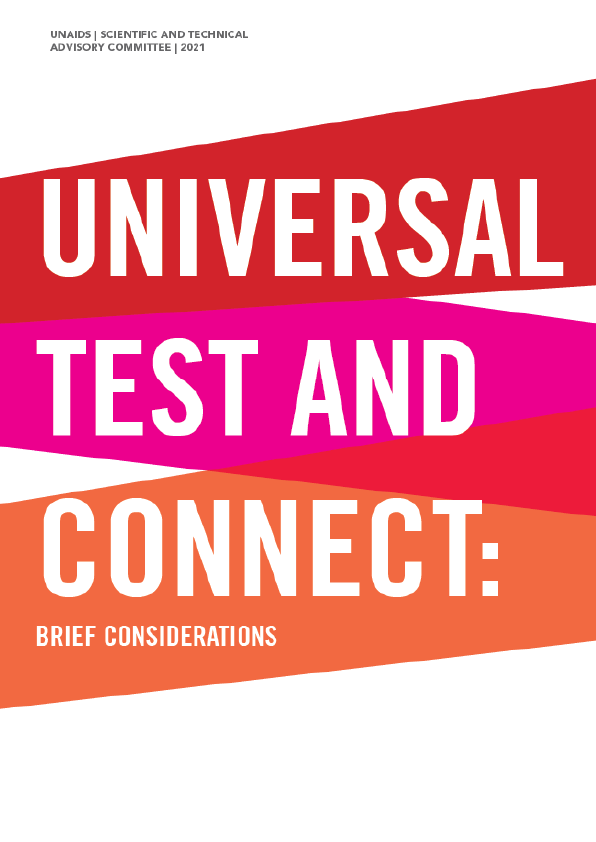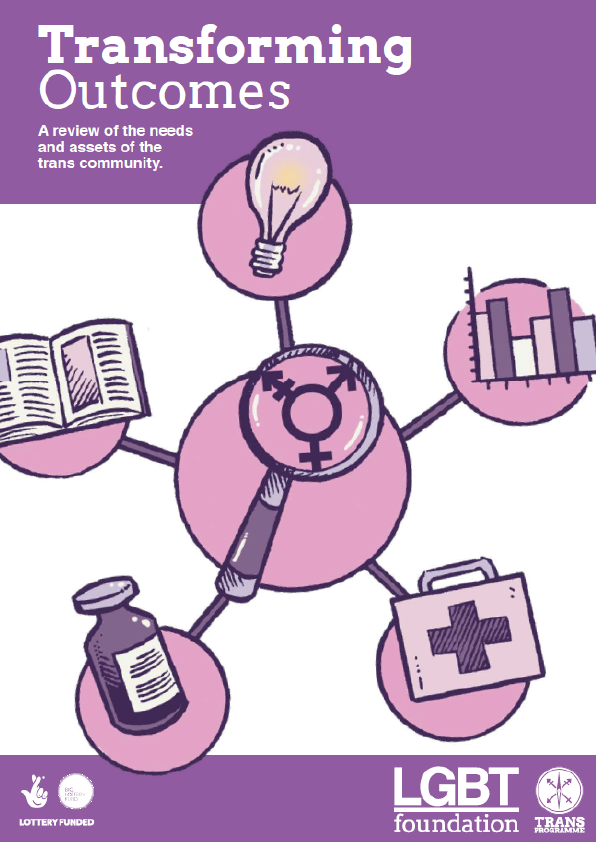South-East Asia has seen remarkable economic growth over recent decades but also faces serious challenges, especially growing levels of inequality. Solutions are emerging, and the region’s leaders have agreed that inclusive growth is the way forward. Inclusive economies need inclusive businesses.
Although at an early stage, we’re witnessing the potential for businesses to deliver the solutions. A vibrant range of more equitable business models is emerging, from initiatives to promote social and environmental sustainability in the garments and agriculture sectors in Cambodia, to inclusive businesses working with poor communities in Thailand and Lao PDR, and Fair Trade social enterprises whose profits are ploughed back to producers.
It is also becoming clear that there is a spectrum of how committed businesses in South-East Asia are to their social responsibilities.
At the heart of any business should be the fundamental and universally recognized duty to respect human rights and pay a wage that enables workers to realize these rights.
Corporate social responsibility (CSR) is a form of international private business self-regulation which aims to contribute to societal goals of a philanthropic, activist, or charitable nature by engaging in or supporting volunteering or ethically oriented practices.
Going further, shared value strategies take a more enlightened approach, aiming to identify areas where business and society can benefit each other. Inclusive business models, which are particularly popular in agriculture, seek to address poverty by companies partnering with poor communities in their value chain.
Yet these models cannot provide all the answers.
Hybrid and social enterprise models, which pursue dual goals of financial sustainability and social purpose, can free businesses from the focus on profit maximization. This is the future of business.
Policymakers, investors, social entrepreneurs themselves and the wider business community can help scale-up and replicate these models in the region.
Our intention is to inspire business leaders, wherever they currently sit on the spectrum of inclusive business and help bring about fairer business models that will drive the inclusive economy we all want to see across South-East Asia and more widely.
INTRODUCTION
This briefing is intended for business leaders, investors and policymakers in South-East Asia.
Many of us share a vision of inclusive economic development. Drawing on what Oxfam and others have learned from private sector partnerships, a growing body of research and examples of new models of business, we aim to show how businesses in South-East Asia can help deliver this vision and tackle poverty and growing levels of inequality in the region.
From corporate social responsibility (CSR) and inclusive business models to social enterprises and hybrid enterprises, we show how businesses and entrepreneurs can prioritize people and the planet alongside profit.
This paper begins with a contextual overview of the region, focused on the challenge of inequality. It then highlights how business can be part of the solution, presenting a spectrum of approaches, accompanied by case studies. Section 2 then takes a deeper look at how social enterprise models can be supported to thrive and Section 3 makes recommendations for the region’s businesses and offers further resources for practitioners.
